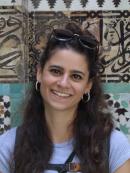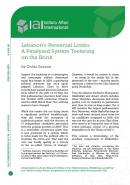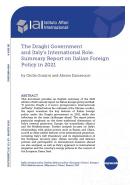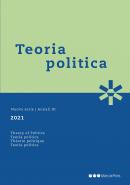The killing of George Floyd by a Minneapolis Police officer has ignited unrest and inspired conversations across the globe. It started as a protest against institutional racism in the U.S. and turned into a wider movement of dissent aimed at exposing both the iniquities of the present, and the medium-long term effects of colonialism. All this is of particular relevance also to Euro-Mediterranean relations, as the Mediterranean has been on the interface of European colonial and imperial history in the Middle East, North Africa and beyond.






